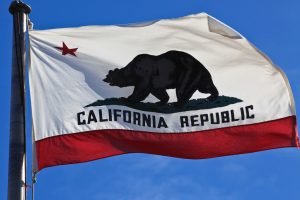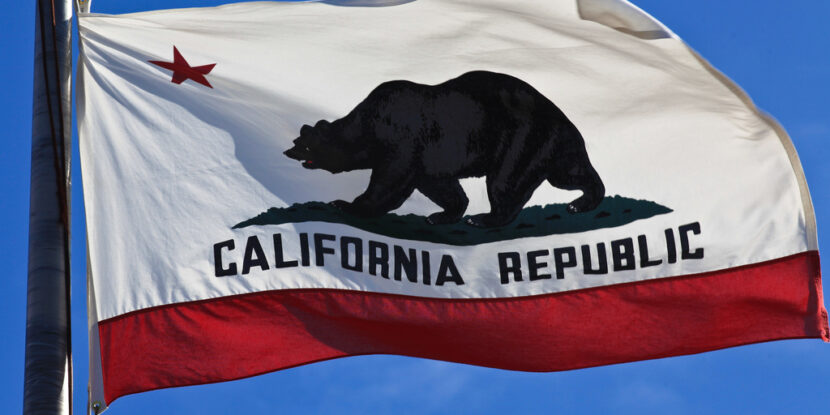
The saga of the anti-religion bill pending in the California Assembly (see here, here, and here) has taken another turn. And this one — plus the relentless march of time — may lead to the demise of that execrable legislation for this year, at least.
You will recall that in its original form, SB 1146 would have prohibited faith-based colleges and universities from adhering to orthodox religious (usually Christian) tenets affirming only heterosexual relationships. The bill’s “nondiscrimination” language would have required abandonment of these scriptural principles if even one student at the college or university received state financial aid. As a result, a Christian university would be forced to admit students and hire faculty and other employees who embrace LGBT behaviors in contravention of the university’s beliefs.
After an intense grassroots campaign directed by several Christian universities, the bill’s sponsor realized that even in California, such a direct assault on traditional religion was highly unpopular. So he removed the most offensive provision, thereby grudgingly allowing the Christian universities to continue to operate according to their religious principles (for now, at least — like the Terminator, he threatened that he’d be back). But the bill continued to persecute those universities by requiring them (1) to publicize to students, faculty, and the world at large the details about any religious exemption they have received from federal Title IX of the Education Amendments of 1972; (2) to provide to State commissars documentation concerning that exemption; and (3) to report to the State any disciplinary action taken against students related to their violation of university policies against LGBT behavior.
Now comes word that the sponsor has dropped that last provision. Apparently the Christian universities pointed out that reporting this information to the State would violate federal privacy law, so the sponsor deleted the requirement rather than fight about it.
But the time for fighting is drawing short. Only ten days are left in the legislative session, and if SB 1146 were to pass the Assembly (the lower house in the legislature) during that time, the amended version would have to go back to the Senate for another vote. The crush of legislation during the last two weeks of a session makes that a difficult timetable — especially when the bill at issue is prompting thousands of phone calls and emails from Californians who are outraged that this bill in any form would be passed.
If you live in California and want to protect the foundational right of Christian colleges and universities to teach their faith, keep those phone calls coming. You may buy another year of freedom.
Jane Robbins is an attorney and a senior fellow with the American Principles Project.


